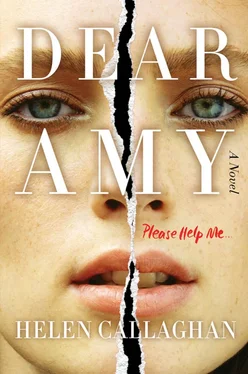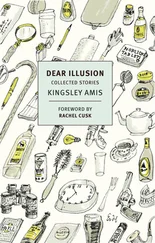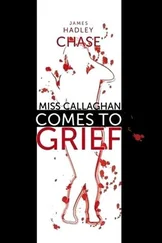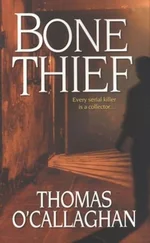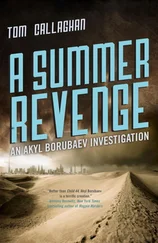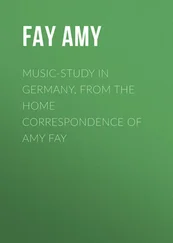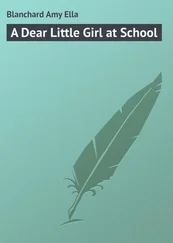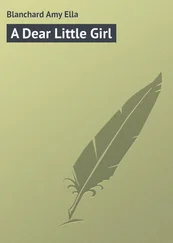I had to pass by the Examiner offices to get to the sweet shop, and after briefly weighing up my alternatives, I went in.
There was a letter for me.
Dear Amy,
No one has come. I know it’s not your fault and that you are doing your best. It’s just that I didn’t tell you enough about how to find me. It’s hard, though, because I don’t know very much. Not only that but the things he told me might be wrong, or lies. I’m frightened that if I tell you something that’s wrong then you’ll never find me. That’s the thing that scares me most.
I don’t know much about where I am except that it is a cellar in a big old house. There is this kind of foam stuff attached to the walls so no one can hear me, but if I put my ear to the pipes I can hear things. Like, there are dogs that bark at night sometimes, though they sound far away.
I tried to peel a corner of the foam up, just a little, hoping he wouldn’t see, but he spotted it and went absolutely mental. He nailed it back down and said that if I did it again he’d hammer the nails into me next.
I believe him.
I can’t tell you anything else about which house I’m in, because he put a bag over my head while I was still in the car and I’ve never seen the outside of it. I don’t know anything else about it.
There are so many things I don’t know. I don’t even know what will happen to these letters, or if you are even reading them.
All I want is to get out of here and go home. Please, please tell the police or my nanna about this, because if they keep looking they are bound to find me.
Love,
Bethan Avery
P. S. Please help me soon.
I stood outside the offices, taking deep breaths. I felt cold and sick. I looked down at the smudged paper and the big, childish handwriting – so like the kind of handwriting I saw in class every day – and said, ‘This is a hoax, remember?’
It didn’t have the calming effect it was supposed to.
I examined the letter once more, minutely. It, like its predecessor, had been posted the day before I received it. It was written on plain white paper, which was certainly not seventeen years old.
It could not be from Bethan Avery.
And yet it was from someone.
I had an idea. I thrust the letter deep into my bulky bag and hefted it over my shoulder.
It was no use dwelling on these letters unless I had some grasp of who Bethan Avery was, and of what had happened to her – this dead girl who was now writing to me. I patted the bag paternally, feeling more in control.
I’d already done the Wikipedia Trail in search of information on Bethan Avery, and found only bits and pieces, hoarded in the corners of some very obscure websites. If I wanted to learn more, I’d need to up my game.
I walked to the Central Library in town, nestled in its sprawling complex of shops. I paused before the lifts for a moment, looking around for anyone who might know me, but I saw only strangers.
I couldn’t breathe, suddenly, and leaned my hand against the wall, trying to master myself.
No. I refuse to have another panic attack. I refuse.
As the lift inched down my heart was chilled and marble-heavy, and there was some sort of conspiracy afoot with my nerves, which didn’t want me to look into this any further. Determined to show them who was boss, I took a few deep breaths. I looked up, remembering what my therapist had told me – baby steps.
Just breathe.
The lift doors opened wide.
I balled my hands into fists, put one foot deliberately in front of the other, entered the lift and pressed the button.
These things will not conquer me.
The librarian, a tiny blonde twenty-something in a Riot grrrl T-shirt, looked up from her desk and smiled.
Don’t let anyone tell you that the gold standard of feeling old is when the police and doctors seem younger than you. It’s the librarians that will get you every time.
‘I’m looking for a book on Bethan Avery,’ I volunteered after a moment.
‘Who?’
‘She was a girl who went missing around here in the nineties. It was presumed she was murdered, but I don’t think they ever found a body. I had a look on the Internet, but couldn’t see any way to find out more.’
The girl frowned, a single line bisecting her white brow, and consulted her monitor, tapping the keyboard rapidly. ‘I’ve never heard of her. Hmm. She’s not coming up on the system. Would it be Local History, maybe?’
I shook my head. ‘I don’t think so.’ This librarian would have been in primary school when it happened, no wonder she’d never heard of the affair. ‘I’d try True Crime.’
‘I’m not seeing anything,’ she said, ‘but we do have some true crime compendiums, maybe she’s mentioned in one of those… oh wait, I’ve got two copies of Snatched in Plain Sight: True Stories of Missing Children by Moore, Linda coming up here. And…’ She grinned in minor triumph. ‘You’re in luck. One of them’s in this branch and not on loan. You could try there.’
‘Thanks.’ I gazed about me. ‘Sorry, but where is True Crime? It’s not my usual sort of thing.’
‘Tucked away at the back on this floor. Follow me.’
She led me through the stacks towering over me on either side, redolent of paper and dust, but emptier than I remembered them being. From the opposite side of the shelf came the artificial cherry smell of cough sweets, and someone was murmuring into a mobile phone (‘tell him she’s just winding him up’).
‘I don’t want anything too sensational,’ I explained earnestly, my errand making me feel self-conscious and more than a little ghoulish. ‘I just want something with the facts.’
She made a rueful face, pulling out a large mouldy-looking hardback. ‘I think you might be out of luck there. This is it,’ she said. The book had a nasty, dated picture on the front, showing a doll leaking blood and a grainy black and white snapshot of a young dark-haired girl in a school uniform. Above this the title loomed threateningly, dripping Kensington Gore over the author’s name.
The librarian must have seen my scowl. ‘Yes, it’s a horrid cover, isn’t it?’
I thanked her and took the book with me to one of the study desks. My hands were trembling again. I had a doctor’s appointment on Monday night, where we would once again to-and-fro over blood tests and my paralysing fear of needles, and maybe when he made his ubiquitous offer of tranquillizers I’d take him up on it. He’d be thrilled.
I flicked through it, looking for an index. There wasn’t one, but there were plenty of badly reproduced photographs of smiling children, heartbreakingly oblivious to their coming fates; of the doors to red brick houses rendered sinister by their sheer innocuousness; of shifty men and gaunt women wearing the fashions of yesteryear; some in handcuffs and bracketed by policemen.
I opened the front of the book, thinking about abandoning the project, when suddenly something in the list of contents caught my eye: ‘Peggy’s Darling: the Tragic Case of Bethan Avery’.
The next time I looked up it was hours later and they were closing the library. I’d been reading, true, but mostly I’d been squinting, with increasing disbelief, at the photographs of Bethan’s diary included alongside the text.
I was still peering at some of those photographs during lunch on Monday, curled into one of the big leather armchairs in St Hilda’s wood-panelled staff room. I’d made photocopies of Bethan’s letters on Saturday – something I could write my own notes on – and these were tucked into Snatched in Plain Sight . A couple of the other teachers gave its cover curious glances.
Читать дальше
